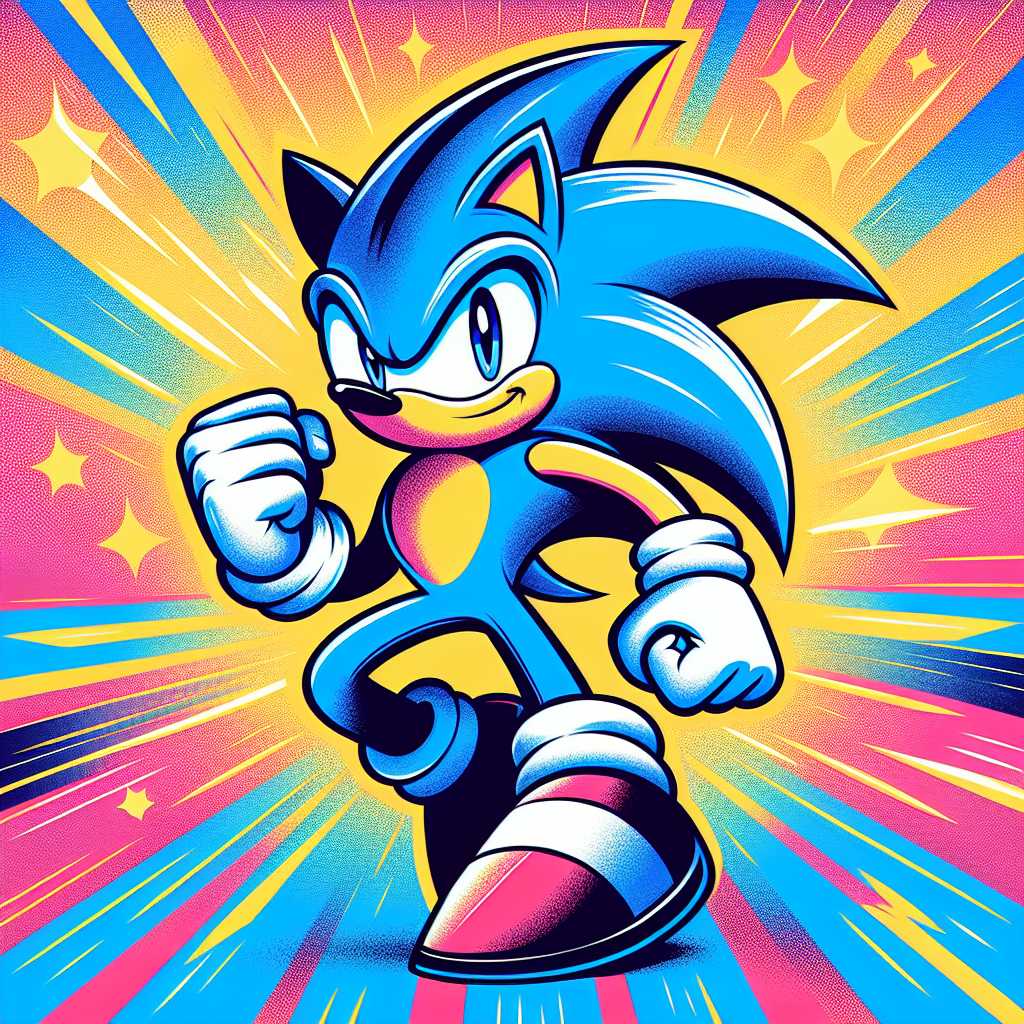The Anticipation and Legacy of Sonic the Hedgehog 3: A Deep Dive into the Classic Platformer
Sonic the Hedgehog 3, developed by Sega for the Genesis/Mega Drive console, is a platform game that has captivated audiences since its release in 1994. As part of the Sonic the Hedgehog series, it continues the adventures of Sonic and his friends as they battle against the nefarious Dr. Robotnik. This article takes an extensive look at the game’s development, features, reception, impact on popular culture, and the enduring legacy that cements Sonic 3 as an iconic title in video game history.
Development and Design Innovations
Sega set out to create a sequel that would not only continue the Sonic series but also elevate it to new heights. The creation of Sonic the Hedgehog 3 incorporated several technological advancements and design innovations that aimed to enhance gameplay experience. During development, Sega looked to achieve superior graphics, a more complex storyline, and dynamic character interactions.
The use of an internal battery allowed players to save their progress for the first time in a mainline Sonic game, while the split-screen two-player mode marked an initiative to foster competitive and cooperative play. Another notable feature was the introduction of Knuckles the Echidna, a character who would grow to be as beloved as Sonic himself.
Gameplay Mechanics and Features
Sonic 3 continued with the series’ trademark fast-paced platforming action. Players could once again control Sonic or Tails, with each character possessing unique abilities. Sonic could perform a new “Insta-Shield” maneuver that momentarily protected him from harm, while Tails could fly and swim.
Unique elemental shield power-ups that conferred additional abilities were introduced, adding a layer of strategy to how players approached obstacles and enemies. The level designs were praised for their complexity and multiple pathways, facilitating exploration and replayability.
Critical Reception upon Release
Critics hailed Sonic 3 as a masterpiece of its time. They praised its colorful graphics, enhanced level design, sound quality, and inclusion of the save system. Game reviewers noted that Sonic 3 successfully refined the familiar fast-paced formula while introducing fresh elements that kept the gameplay exciting.
Impact on Popular Culture and Subsequent Releases
Sonic 3 had an undeniable impact on popular culture, continuing to define ’90s nostalgia for many gamers. Its release was further sensationalized by a heavily marketed tie-in with McDonald’s Happy Meals and various merchandise products. Even decades later, soundtracks from the game continue to resonate in remixes and fan appreciations.
Its influence on subsequent games in the series is clear. Spin-offs and re-releases have ensured that new generations have access to Sonic 3. Indeed, its iconic characters and level design have set standards for future developments within the franchise.
The Role of Sonic & Knuckles Lock-On Technology
An unusual decision by Sega led to “Sonic & Knuckles,” another game released later in 1994 featuring lock-on technology which allowed it to connect with Sonic 3. This combo effectively created an extended experience called “Sonic 3 & Knuckles.” The innovation demonstrated clever use of hardware to enhance software content—a practice not common at that time.
Sonic the Hedgehog 3 in Retrospect: Challenges and Achievements
Like any significant project, Sonic 3 faced challenges during production such as time constraints and technical limits of hardware. Nevertheless, its achievements are a testament to its development team’s dedication—the creation of a forward-thinking game built on its predecessors’ success while setting a new bar for future titles.
Notes
–
Conclusion In closing, ‘Sonic the Hedgehog 3’ not only stands as an important chapter in Sega’s illustrious video game catalog but also remains a cornerstone of classic platform gaming deserving of celebration.
Image description: A brightly colored image of ‘Sonic the Hedgehog 3’ classic cover art with Sonic striking a confident pose in front of a vivid background exploding with action-packed energy.
